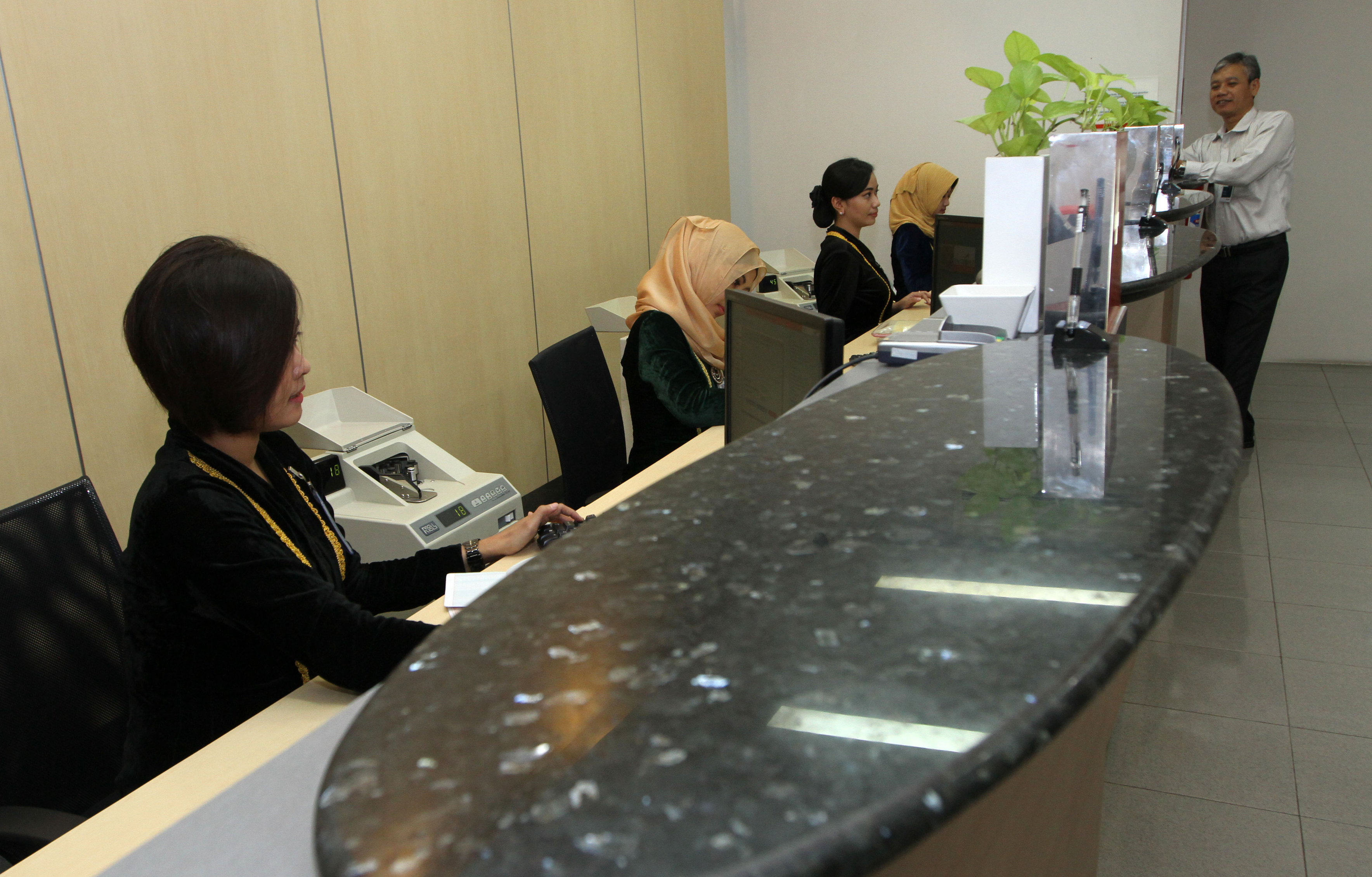Practice
In order to work well in a diverse workplace it is important to understand your own cultural values first. Your cultural background shapes what you believe. When you become aware of your own beliefs you can begin to understand and respect the beliefs of others.
Answer the following questions. Then, try to find a friend or classmate who comes from a different culture. Even people from the same country often have cultural differences depending on the region where they live. Share your answers with each other. What did you have in common with your partner? What differences did you find?
1. Where did you grow up?
2. Describe how your community regarded teachers. What about supervisors?
3. What messages were you given about people who were different from you – messages from family, peers, the media, and others?
4. How have your background experiences influenced your perceptions of other cultures that you encounter in your daily life?





